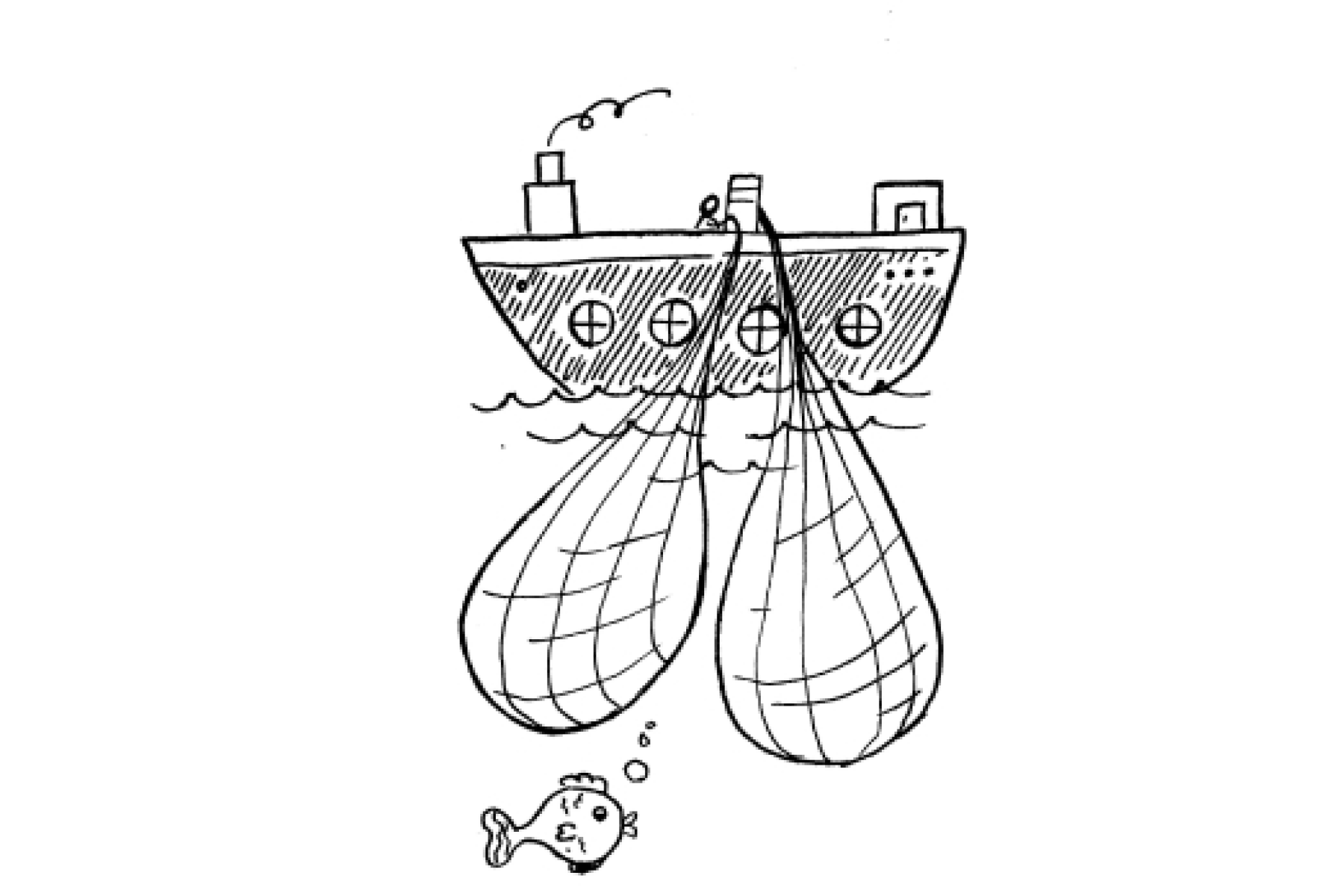
The Context
Have you ever felt that way before? That despite your best efforts to show up on time and be creative and execute great work, it simply doesn't happen? You're not alone in that struggle. There isn't an artist alive who hasn't at some point wrestled with this problem. Even the most prolific creators among us are not immune to the wicked beast of compositional paralysis. The resistance comes for all of us eventually. All the more reason to become a master of your disinclination. Meaning, knowing when you’ve got it, when you’ve lost it, when there’s no way in hell you’re going to get it, and when you need to take measures to get it back.
The Tool
Artist Allotment
ARTIST ALLOTMENT -- A personal policy for managing compositional paralysis
If you can cultivate an acute sense of when that creative unwillingness is around the corner, you will be able to recover from it quickly and cleanly. This kind of response to the resistance does a few things for you. First, it demonstrates humility for the process. Resistance can be a feisty little bitch, so we can't be afraid to let her win every once in a while. We'll be back at it tomorrow anyway. For now, some days you just don't got it. Secondly, this kind of response makes you more balanced and human as a creator. In my experience, most of the time you can use the sheer force of discipline to override almost any creative disinclination that shows up and create around the constraint. But in those rare moments when it's simply not going to happen, surrendering is actually the smarter and healthier choice. You don't want it let yourself off the creative hook so often that it becomes a pattern, since you will lose the discipline game if you fall victim to what’s latest and loudest. But at the same time, you don't want to deny your humanity as a creator. Have compassion for yourself. Some days you just don't got it, and that’s okay.

Scott's Take
The founder of my startup was a compassionate guy. He used to remind me, look, some days, you just don't got it. Personally, my critical number is thirty minutes. That's my artist allotment. If nothing comes onto the page after that period, then it's time to move onto something else. Could be a completely new project, could be something less creative and more administrative, could be washing dishes, could be going back to bed for an hour, could be reading something to fire inspiration into my brain. Whatever it takes.
The Rest
Figure out your allotment. Become a master at your disinclination, and you'll be able to return to the work refreshed and full of strength to create again. What’s your policy for managing compositional paralysis?
The Benefits
Recover quickly when you’re feeling unmotivated
Become more balanced as a creative profession
Deepen compassion for yourself during infertile times
Cultivate an acute sense of when your creative unwillingness is around the corner